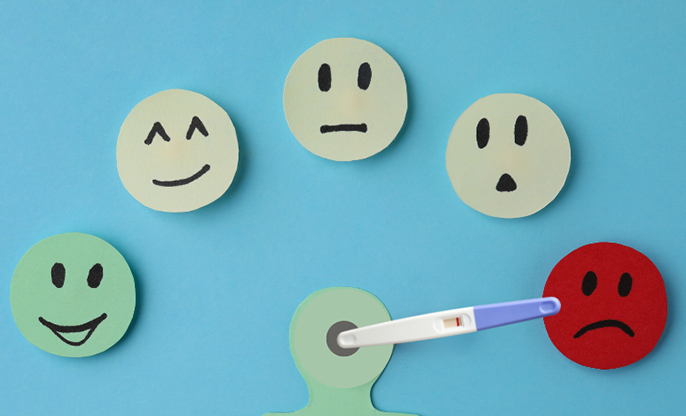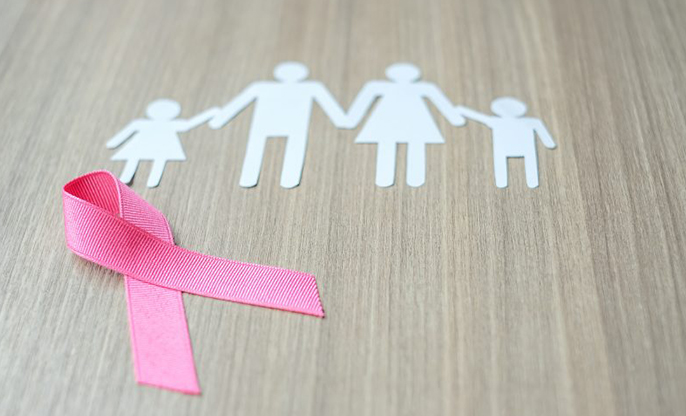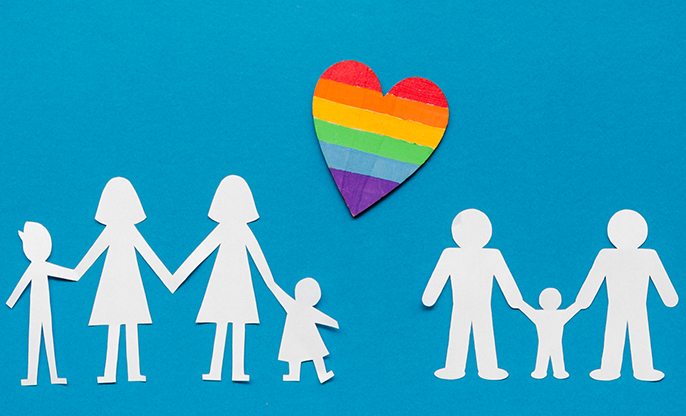
Smoking is a habit that has long been associated with a myriad of health issues, but its detrimental effects on fertility are often overlooked. For individuals and couples trying to conceive, understanding the profound impact of smoking on fertility is crucial for making informed decisions about their reproductive health.
Understanding the Effects
Reduced Fertility: Smoking has been linked to reduced fertility in both men
and women. In women, smoking can disrupt hormone levels, affect egg quality,
and lead to conditions such as endometriosis and early menopause. In men,
smoking can decrease sperm count, impair sperm motility, and increase the risk
of erectile dysfunction.
Increased Risk of Infertility: Research has shown that smokers are
more likely to experience infertility compared to non-smokers. Female smokers
have a higher risk of experiencing ovulatory dysfunction and miscarriage, while
male smokers may face challenges with sperm production and quality.
Impact on Assisted Reproductive Technologies (ART): Smoking can also affect
the success rates of assisted reproductive technologies such as in vitro
fertilization (IVF) and intrauterine insemination (IUI). Smoking has been
associated with lower implantation rates, higher rates of pregnancy loss, and
decreased overall success rates of ART procedures.
Second-hand Smoke: It's not just active smoking that poses a risk to fertility; exposure to second-hand smoke can also impact reproductive health. Non-smoking partners of smokers may experience similar fertility issues due to exposure to harmful chemicals in cigarette smoke.
Quitting for a Healthier Future
While
the impact of smoking on fertility may seem daunting, the good news is that quitting
smoking can lead to significant improvements in reproductive health. Research
has shown that individuals who quit smoking experience improvements in
fertility parameters such as sperm count, motility, and egg quality.
Quitting smoking is not easy, but there are many resources and support systems available to help individuals kick the habit for good. From nicotine replacement therapy to counselling and support groups, there are various strategies that can assist individuals in their journey towards a smoke-free life.
Conclusion
For
individuals and couples hoping to start a family, understanding the impact of
smoking on fertility is essential. By quitting smoking and adopting a healthier
lifestyle, individuals can improve their chances of conception and pave the way
for a healthier future for themselves and their future children. With the right
support and determination, quitting smoking is not just a step towards better
fertility, but also towards overall health and well-being.















































